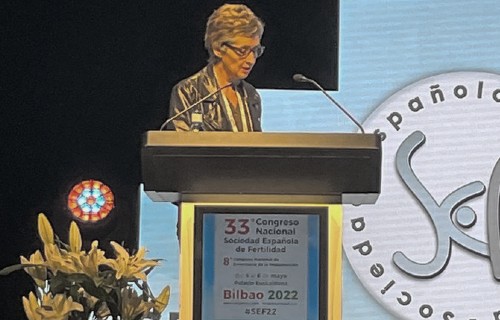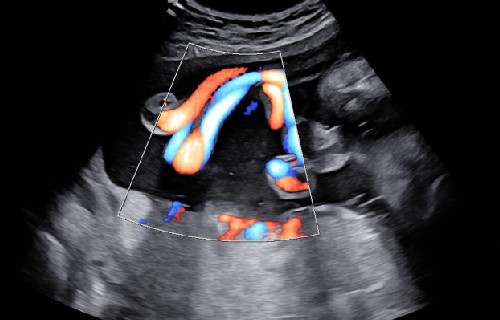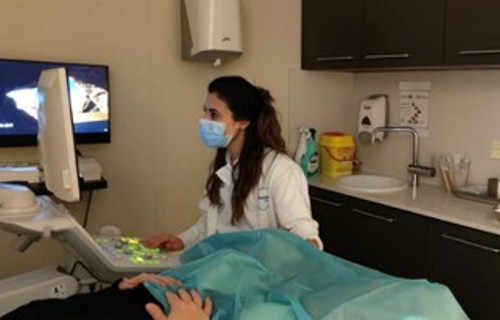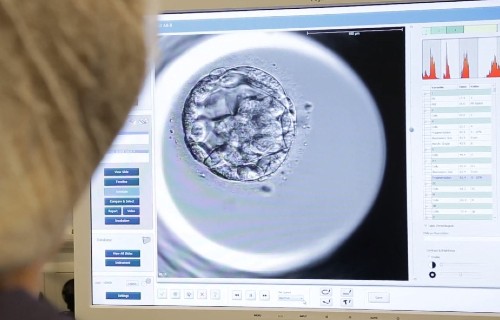
As in every edition, our team of doctors and biologists of the Department of Reproductive Medicine has actively participated in the 38th Annual Meeting of the European Society of Human Reproduction and Embryology (ESHRE) held this July in Milan

A study led by Dr Francisca Martínez of the Reproductive Medicine Unit of Dexeus Mujer analysed oocyte transcriptomes after two different LH suppression protocols in the same patient: with a GnRH antagonist (ANT) and with progesterone.

Dr Gerard Albaigés, head of R&D at the Foetal Medicine Division of the Obstetrics Unit of Dexeus Mujer is part of the team of researchers participating in the prospective, multicentre study TRUFFLE 2 (Trial of Randomised Umbilical and Foetal Flow in Europe).

The nursing staff of the Reproductive Medicine Unit at Dexeus Mujer has carried out a retrospective observational study to see whether incorporating folliculometry into their routine during egg donation monitoring cycles can contribute to improving donor satisfaction without affecting the outcome of the treatment.

A study conducted by Dexeus Mujer, and led by Dr Pascual García Alfaro, head of the Menopause Unit, analysed whether high homocysteine levels can cause the loss of muscle mass and handgrip strength that is characteristic of postmenopausal women.

A group of researchers at Dexeus Mujer, led by biologist Beatriz Carrasco, carried out a retrospective study to determine the sex ratio in the blastocyst stage of human embryos generated by ICSI, in transferred and implanted euploid blastocysts, and, finally, in babies at birth.












